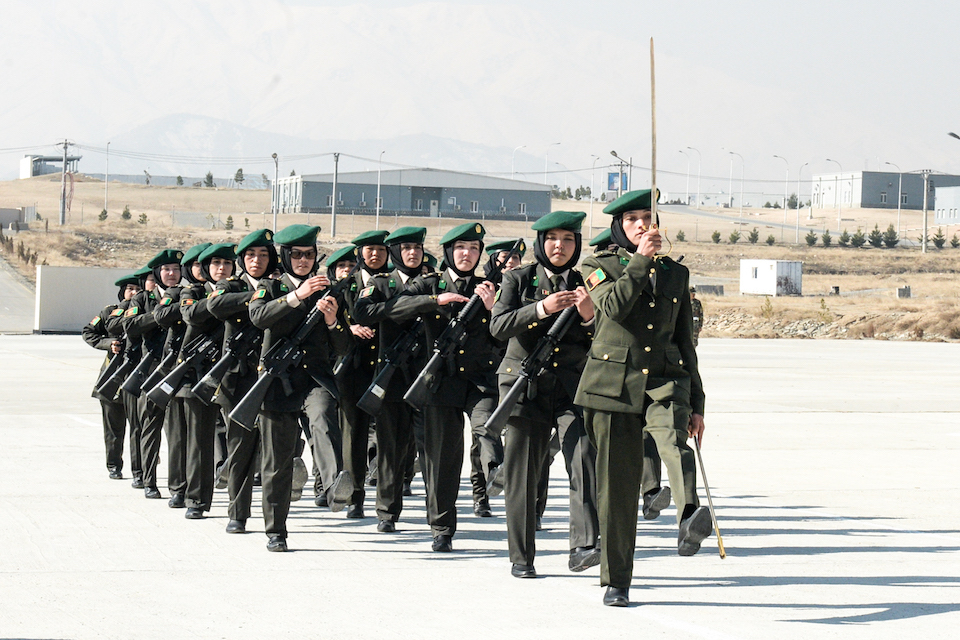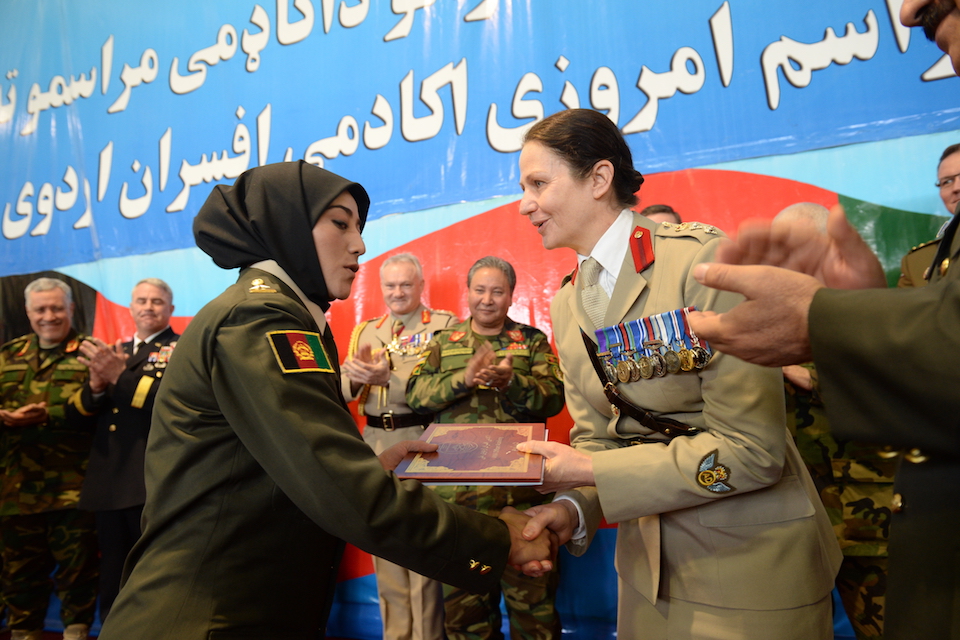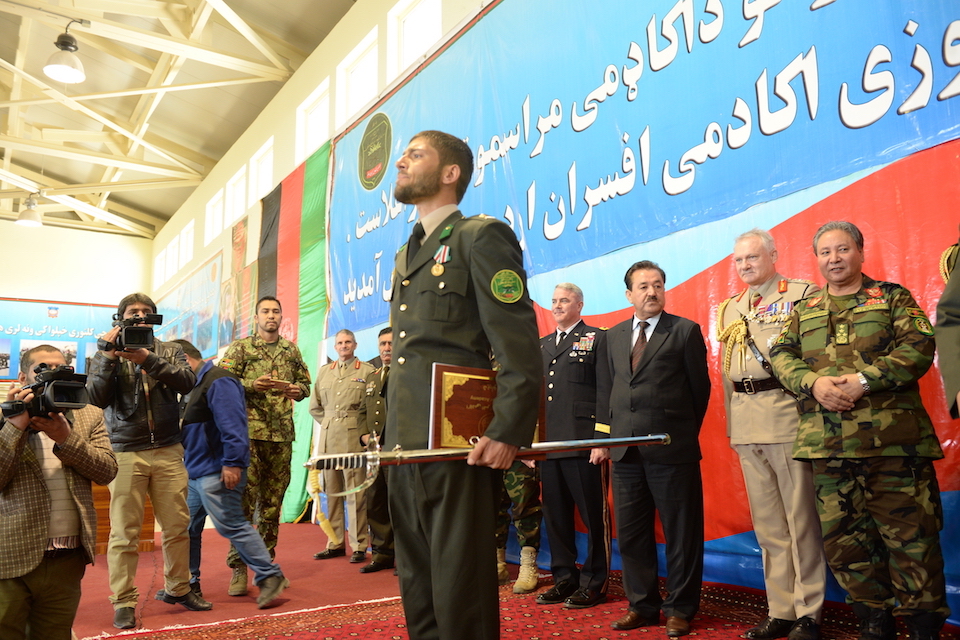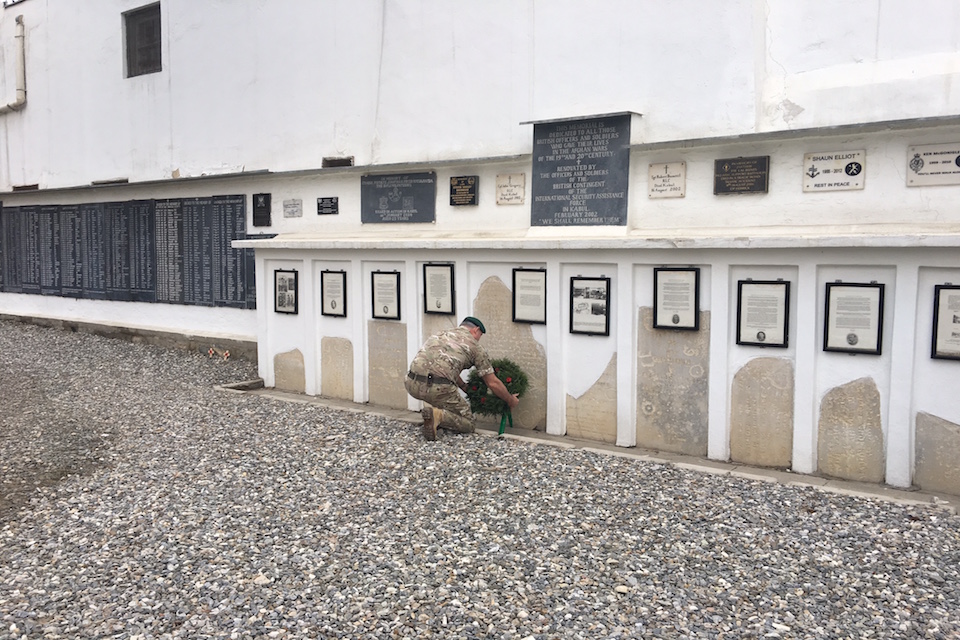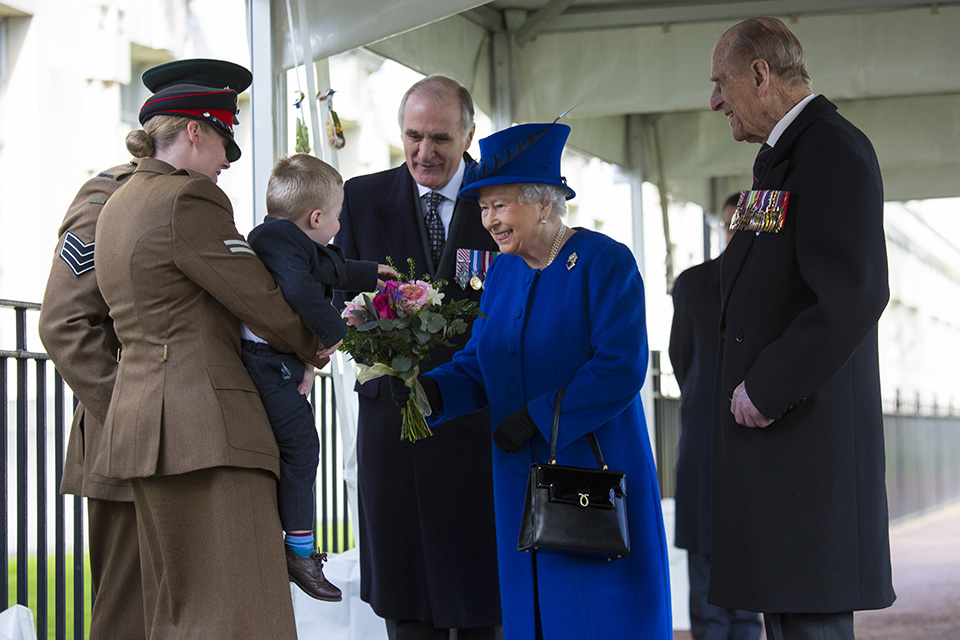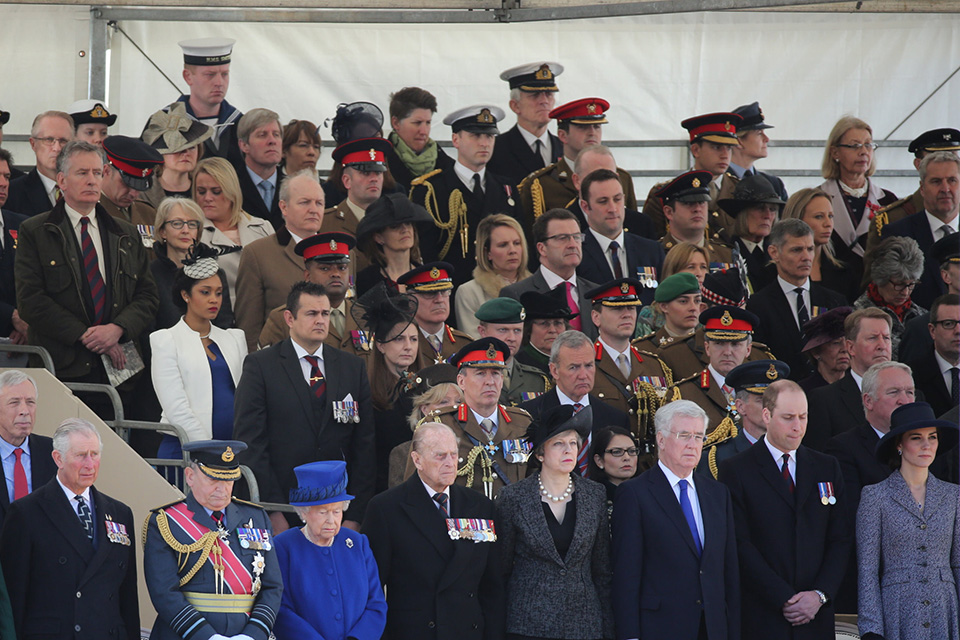News story: Defence Secretary announces 1,500th signing of Armed Forces Covenant
Building materials supplier Travis Perkins were revealed as the 1,500th signatory during the third annual Partnering with Defence employer conference at the Queen Elizabeth II Conference Centre in London today.
Speaking at the conference, Sir Michael said:
By signing the Covenant, Travis Perkins joins firms across Britain committed to ensuring those who serve or have served our country are better supported.
Reaching this milestone also shows growing recognition of the unique skills and experience that reservists and former service personnel offer their organisations.
Amongst their commitments, Travis Perkins has pledged to provide Armed Forces personnel and veterans with a variety of work experience placements in their centres, branches, and stores across the country and are supporting members of the Royal Engineers in gaining NVQ qualifications for their construction skills.
Travis Perkins currently employs nine reservists and other members of the Armed Forces community across the country.
Maria Walding, a Compliance Manager at Travis Perkins, who is an Army Cadet Force adult volunteer, said:
The Travis Perkins Group has fully supported and values my role as a Reservist. I am proud to say I work for a company that consistently gives military personnel the chance to use their existing skills and build a lasting career outside of the military.
Travis Perkins CEO John Carter said:
As a business, Travis Perkins has long recognised the valuable skills and attributes those with a serving background can contribute, not only to our own workforce but also to the wider economy.
We are delighted to not only be here to celebrate the Group’s commitment and ongoing support of the Armed Forces in our signing of the Armed Forces Covenant, but incredibly proud and honoured to be recognised along with our community of ex forces and serving colleagues, as the 1500th organisation to do so.
Travis Perkins joins a growing number of businesses that are making tangible pledges to the Armed Forces community.
Earlier this week Defence Minister Mark Lancaster also announced that the UK’s main broadband providers including Virgin Media, Sky, Talk Talk, BT, EE and Plusnet, representing 95 per cent of Britain’s broadband market, had committed to waiving fees on contracts that personnel had to cancel when posted abroad or to another part of the UK, often at short notice.
Since 2013, the Covenant has helped to deliver these key improvements for the Armed Forces community:
- A new agreement with mortgage lenders allowing personnel posted abroad to rent out their homes without facing higher mortgage costs or having to change their mortgage;
- Fairer mobile phone contracts, freezing the accounts of Armed Forces personnel and their families posted overseas and removing cancellation fees;
- Better deals in motor insurance, allowing personnel to keep their no claims bonuses and avoid cancellation fees when posted overseas at short notice;
- Employer networks in a wide range of sectors to support Service leavers through their transition to new careers;
- Better access to banking, such as savings accounts to Service families posted overseas;
- Tackling commercial disadvantage previously experienced by the Armed Forces community in relation to credit rating and access to mortgages on offer. For example, if their Service overseas forces them into a situation where they will need to rent out their home, members are now free from the need to switch to a ‘buy to let’ mortgage;
- Better access to mentoring, work placements and employment opportunities for personnel leaving the Services;
- Increased funding and sponsorship of military charities and sports events such as the Invictus Games;
- Flexible paid or unpaid leave for mobilised Reservists;
- Employment support for Veterans, Reservists, Service spouses and partners, as well as support for Cadets;
Discounts and special deals for individuals and their families.
The Armed Forces Covenant is a promise by the nation, enshrined in law, ensuring that those who serve or have previously served in the Armed Forces, and their families, are treated fairly and not disadvantaged by their service.
